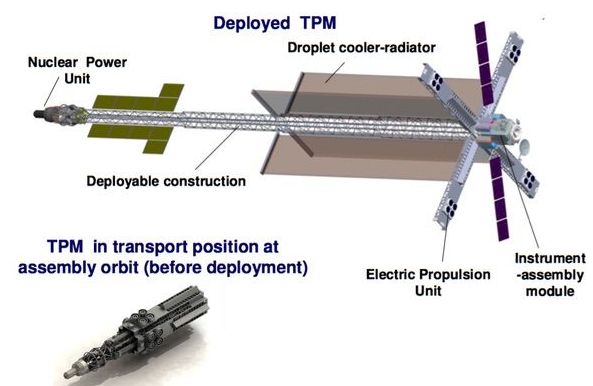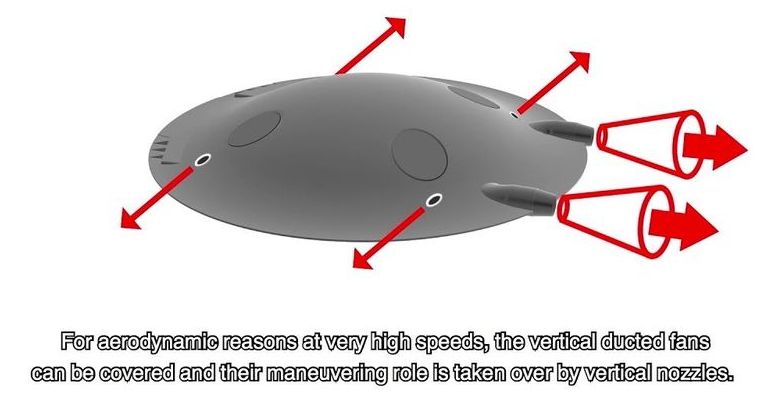Nov 1, 2019
Sheldon Breiner, 82, Dies; Used Magnetism for Explorations
Posted by Genevieve Klien in categories: government, military
Ever since the compass was invented, perhaps about 2,000 years ago, humans have used Earth’s magnetic field to guide them. Many ages later, Sheldon Breiner devised ways to use magnetism to guide him to things that might otherwise never have been found — like sunken ships, a lost city and colossal basalt heads buried underground.
Dr. Breiner, a geophysicist, inventor and serial entrepreneur, started a company called Geometrics in 1969 that built sophisticated magnetometers, which measure magnetic fields. (A compass is probably the most simple example of one.) He then discovered how to use them to detect objects by observing the way the objects affect the magnetic fields that surround them.
Dr. Breiner had started employing rubidium magnetometers to detect seismic activity along the San Andreas Fault when he was studying geophysics at Stanford University. In time he harnessed magnetometers to search for mineral and oil deposits deep underground; find hidden weapons; locate skiers lost in avalanches; and help the government track down sunken submarines and a hydrogen bomb that had fallen into the ocean after a B-52 bomber collided with a refueling jet over Spain in 1966.















